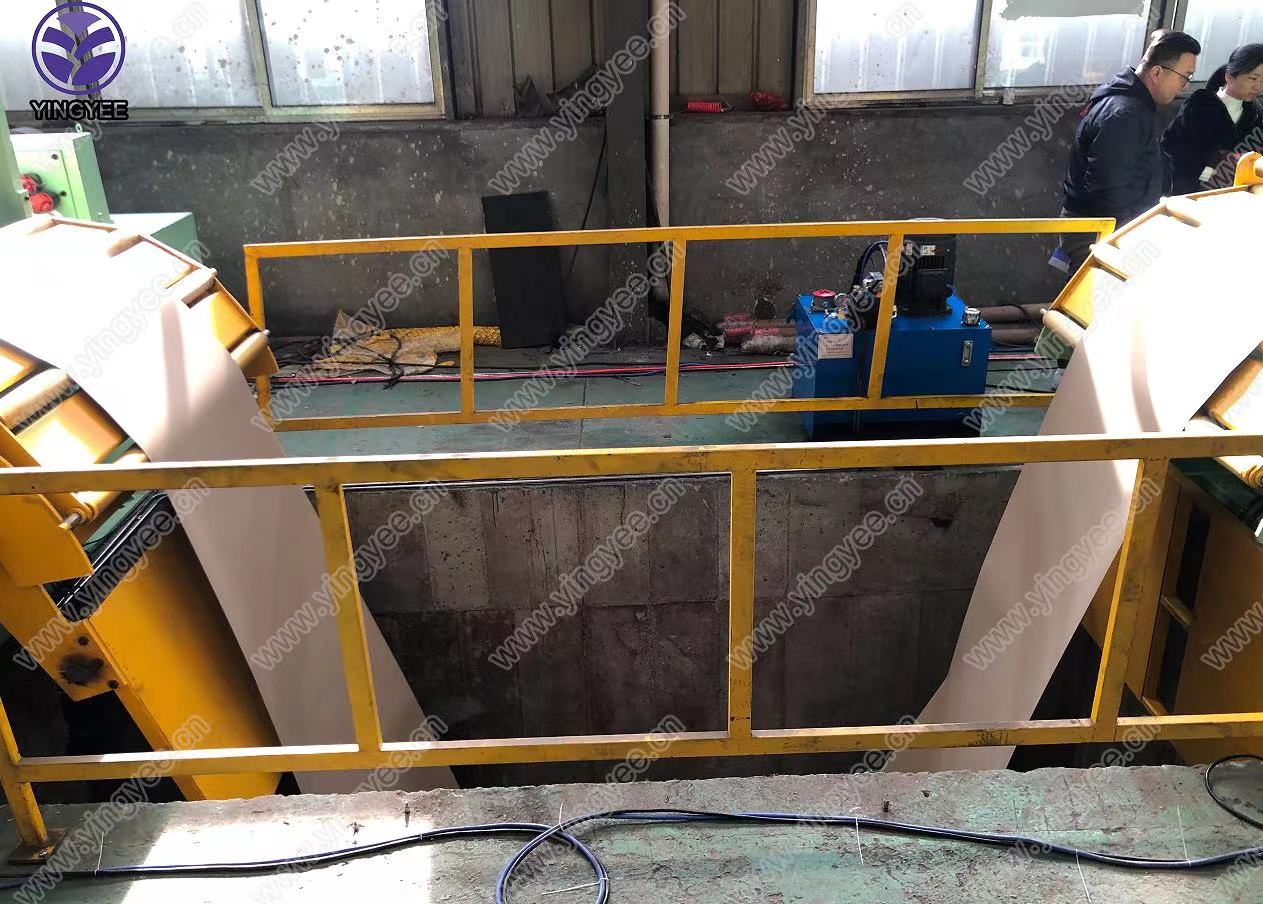
The Evolution and Significance of Stainless Steel Tube Mills
Manufacturing processes have continually evolved to meet the growing demand for high-quality materials in various industries. One such advancement is found in the production of stainless steel tubes, an integral component in sectors ranging from construction to automotive and medical applications. Stainless steel tube mills play a crucial role in transforming raw material into highly durable, corrosion-resistant tubes that fulfill specific engineering requirements.
Understanding Stainless Steel Tube Mills
Stainless steel tube mills are specialized facilities designed to produce stainless steel tubes through an intricate process that includes cutting, shaping, welding, and finishing. These mills utilize advanced machinery and technology to ensure high precision and efficiency in tube manufacturing. The process typically begins with a coil of stainless steel strip, from which the strips are fed into the mill. The initial phases involve flattening, rolling, and welding, resulting in a cylindrical shape.
The types of stainless steel tubes produced can vary significantly. There are seamless tubes, which are formed without welding, offering superior strength and resistance to high pressure – a preferred characteristic in critical applications such as oil and gas pipelines. There are also welded tubes, which are formed by fusing the edges of the stainless steel strip, allowing for cost-effective production processes adaptable to a variety of sizes and wall thicknesses.
Importance of Stainless Steel
The properties of stainless steel make it an ideal choice for a wide array of applications. Its innate resistance to oxidation and corrosion is essential in environments exposed to moisture, chemicals, or extreme temperatures. Furthermore, stainless steel is known for its strength-to-weight ratio, making it suitable for lightweight applications that require durability. These characteristics contribute to the material’s preference in industries such as pharmaceuticals, food processing, and automotive manufacturing, where hygiene and material integrity are non-negotiable.
Technological Advancements in Tube Mills

Recent technological advancements have significantly impacted the efficiency and productivity of stainless steel tube mills. Automation technologies, such as computer numerical control (CNC) systems, have enhanced precision in cutting and shaping processes. Furthermore, advancements in welding technology, including laser welding, provide stronger joints and faster production times. These innovations not only improve product quality but also reduce waste and operating costs, enabling manufacturers to remain competitive.
Additionally, environmental sustainability has become a focal point within the stainless steel industry. Many tube mills are investing in greener technologies and practices. From employing energy-efficient machinery to optimizing raw material use, the aim is to minimize the environmental footprint of the manufacturing process. Recycling stainless steel scrap from production processes has also gained traction, aligning with the global push for sustainability.
Market Trends and Future Directions
The demand for stainless steel tubes is expected to grow, driven by increased investment in infrastructure and the development of new technologies across various sectors. The automotive industry, for instance, is transitioning towards more fuel-efficient and environmentally friendly vehicles, leading to a surge in demand for lightweight materials that enhance performance and reduce emissions.
Moreover, the healthcare sector’s reliance on stainless steel for surgical instruments and implants ensures a steady demand for high-quality tubes. Innovations such as 3D printing and advanced manufacturing techniques may further revolutionize the production process, leading to customized and efficient solutions.
Conclusion
In conclusion, stainless steel tube mills are pivotal in the production of high-quality tubes that are essential to modern industries. The combination of advanced manufacturing techniques, the inherent properties of stainless steel, and a growing focus on sustainability align to meet the demands of today’s market. As global industries continue to evolve, the role of stainless steel tube mills will remain crucial in providing the necessary materials for a wide range of applications, ensuring the continued advancement of technology and infrastructure worldwide.